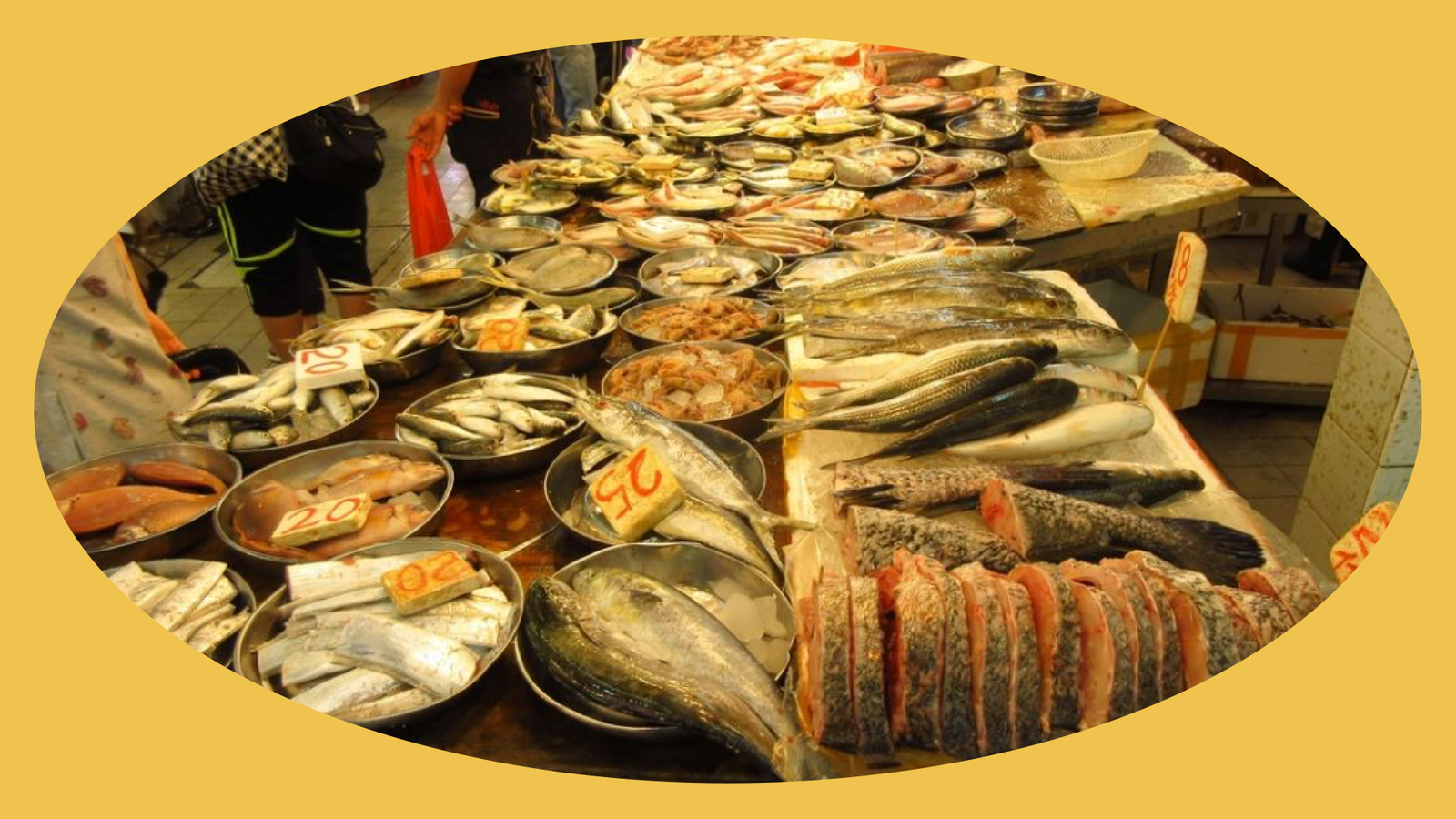In a bold move to protect the well-being of its citizens, the Hong Kong government has declared its intent to reduce the import of select Japanese seafood as the discharge of contaminated water from the Fukushima Daiichi Nuclear Power Plant draws near. This decision comes in response to alarming reports of radioactive substances surpassing acceptable limits in fish caught near the plant, amplifying concerns about food safety.
Hong Kong’s Environmental Secretary, Cheung Kwan-wah, recently expressed his apprehension in an enlightening op-ed featured in a prominent pro-Beijing media outlet. Pointing out the alarming presence of radiation in fish caught near the Fukushima region, he emphasized the potential threat that the release of contaminated water poses to food safety. As a result, he pledged to take stringent measures, including imposing restrictions on the importation of seafood from Fukushima and its surrounding areas.
Cheung did not shy away from criticizing the Japanese government for its seemingly reckless pursuit of discharging contaminated water despite mounting international apprehension. He called upon Japan to seek alternative methods that minimize the severe risks to food safety, emphasizing that if the Japanese government is confident in the safety of the contaminated water, it should explore local applications such as irrigation instead of releasing it into international waters. Hong Kong officials have already urged their Japanese counterparts to hold off on the discharge until a global consensus is reached.
Hong Kong’s firm stance aligns with that of China, as highlighted during the 76th session of the World Health Assembly held in Geneva last month. A Chinese representative posed critical questions, questioning why Japan does not utilize the contaminated water domestically for agriculture or industrial purposes or release it into domestic lakes. The representative admonished Japan, emphasizing the need for responsible explanations.
The popularity of Japanese seafood in Hong Kong makes this issue particularly pertinent. Recently, Tokyo Electric Power Company (TEPCO) disclosed alarming findings: sea bass caught within the harbor area of the Fukushima Daiichi Nuclear Power Plant exhibited cesium levels of 18,000 becquerels per kilogram—180 times higher than Japan’s food safety standard of 100 becquerels per kilogram. These shocking measurements underscore the gravity of the situation. The sea bass, weighing 384 grams and measuring 30.5 centimeters in length, was captured in the coastal zone surrounded by breakwaters of reactors 1 to 4, where water with high concentrations of radioactive materials flows.
While TEPCO claims that their Advanced Liquid Processing System (ALPS) removes most radioactive substances except for tritium, concerns continue to mount among local fishermen and neighboring countries and regions. The potential environmental and health implications of discharging the contaminated water into the ocean remain a point of contention.
As the discharge date looms closer, opposing voices are growing louder. Fishermen and concerned individuals are questioning the government’s decision and seeking a clearer understanding of the potential consequences. The spotlight is now on how authorities can address these concerns and ensure transparency in the decision-making process.
In this critical juncture, Hong Kong’s unwavering commitment to safeguarding its citizens and maintaining food safety standards serves as a powerful example. As the world watches, the repercussions of Japan’s decision on the discharge of contaminated water could have far-reaching implications, not just for Hong Kong and China, but for the global community at large.

